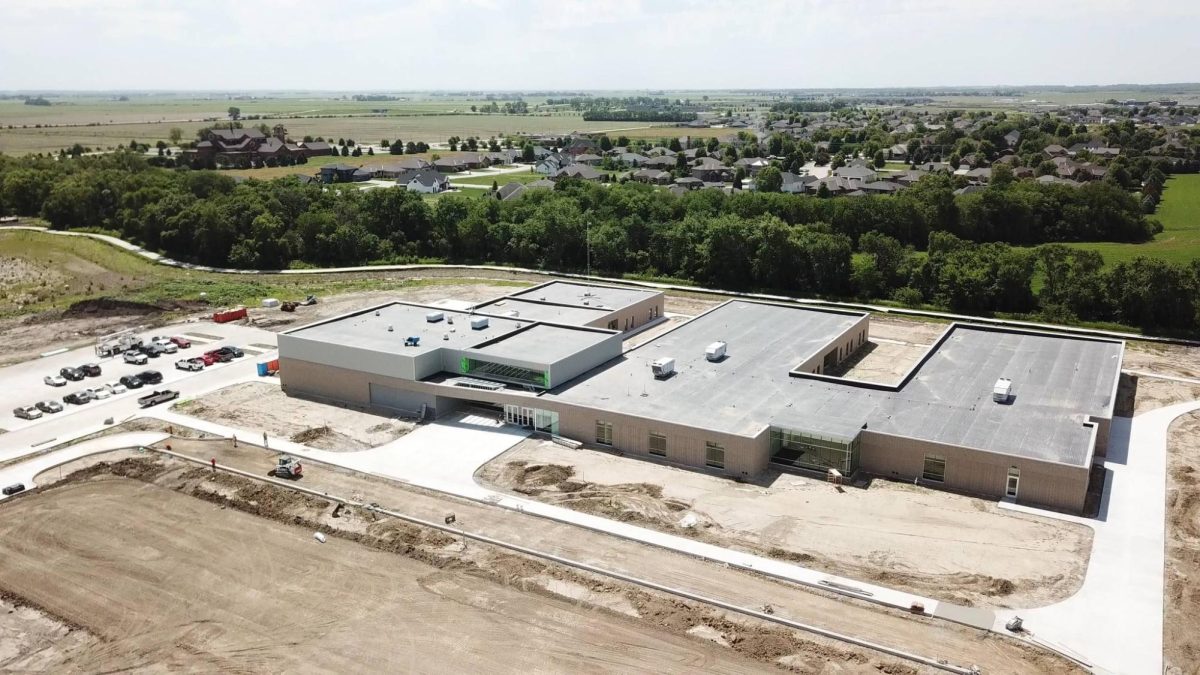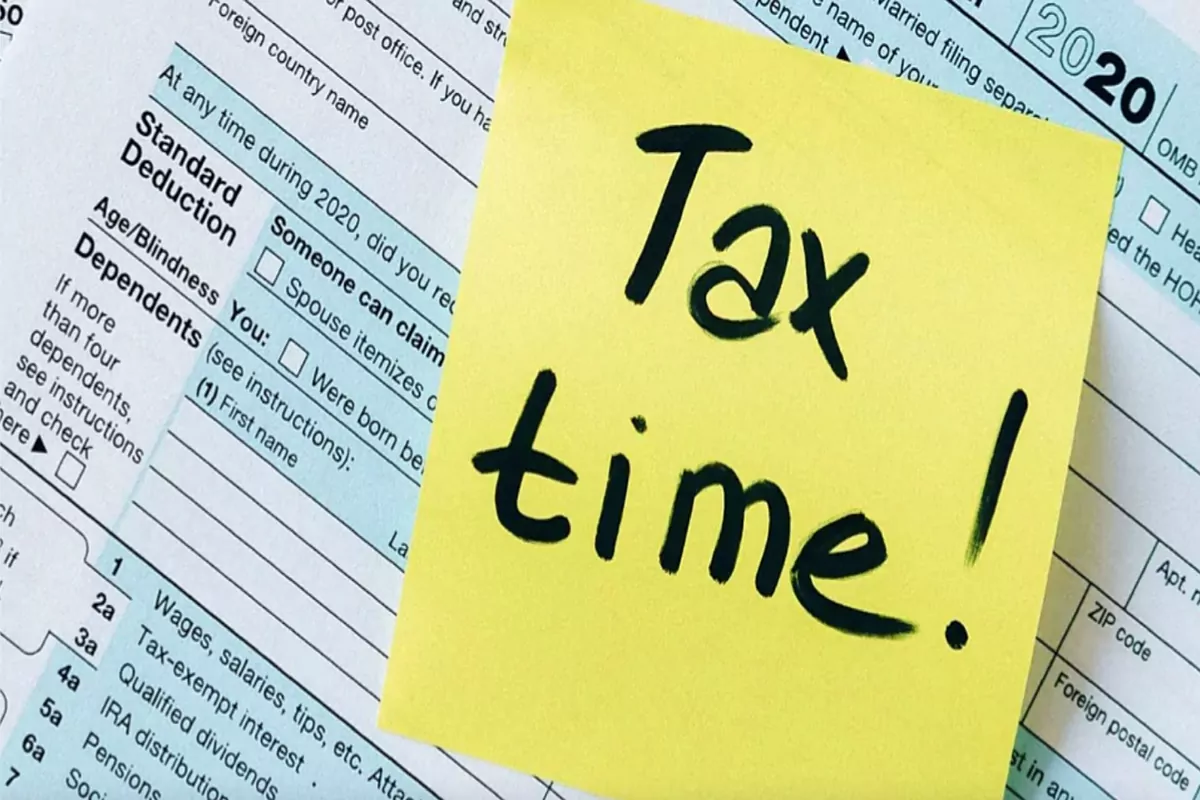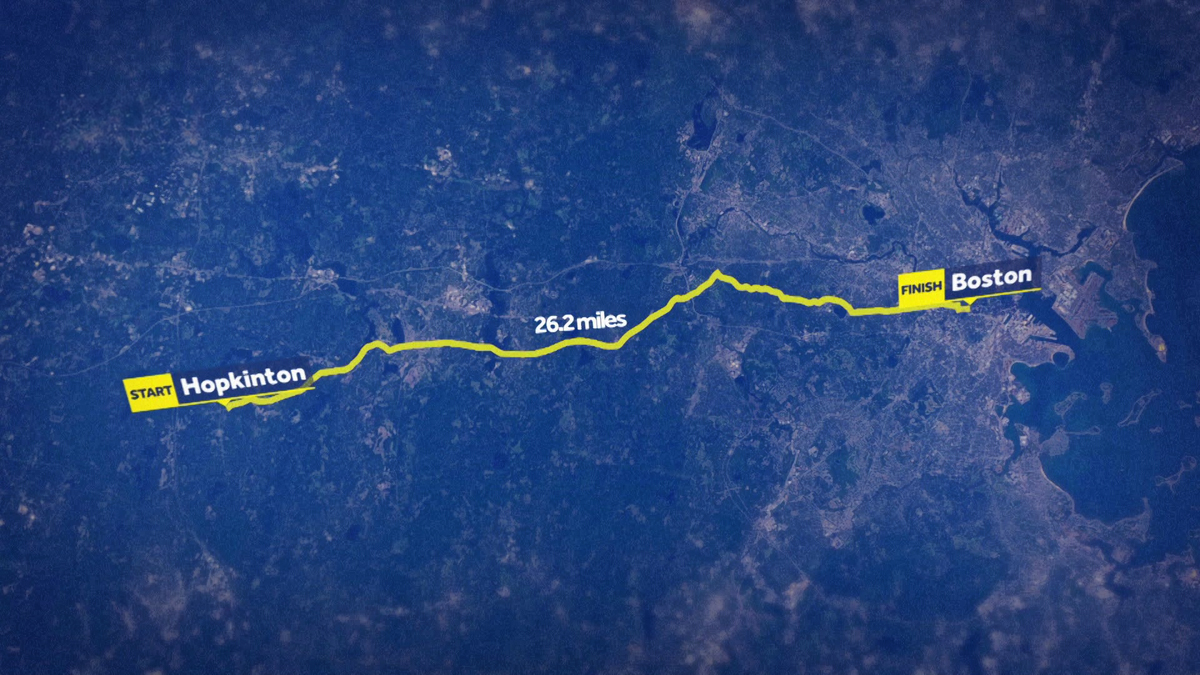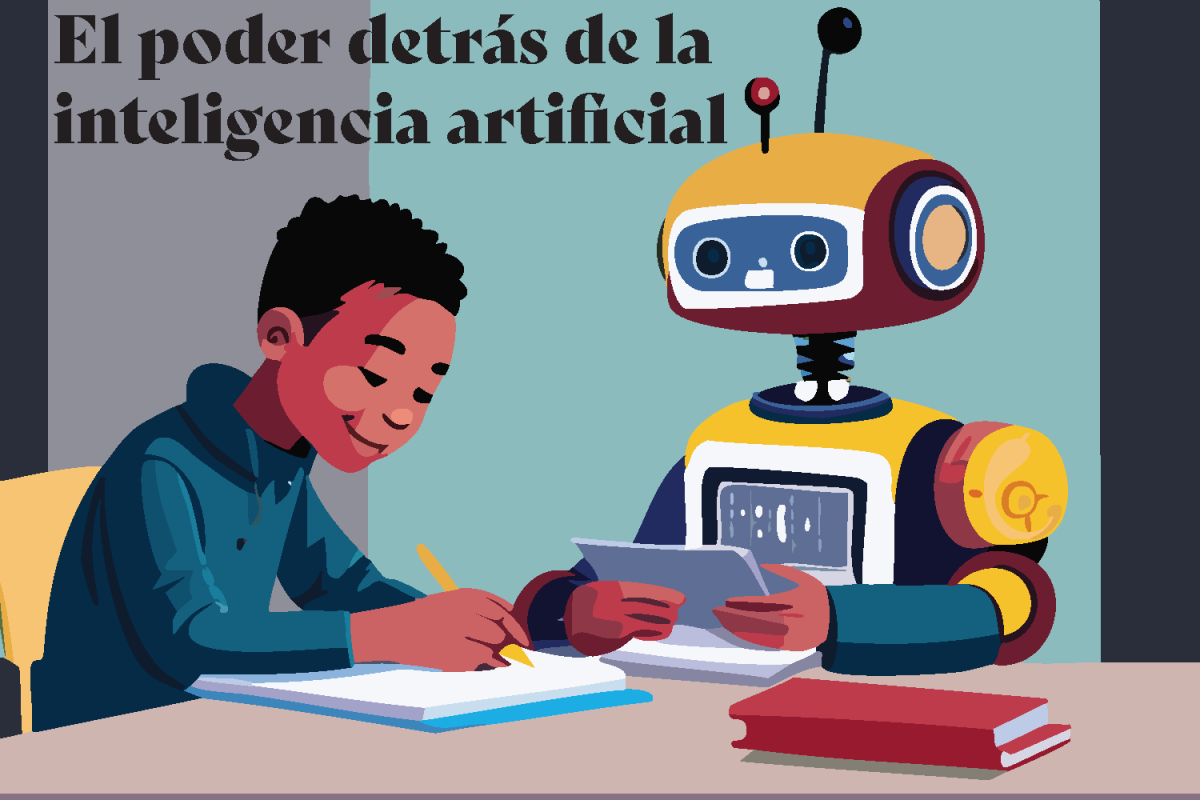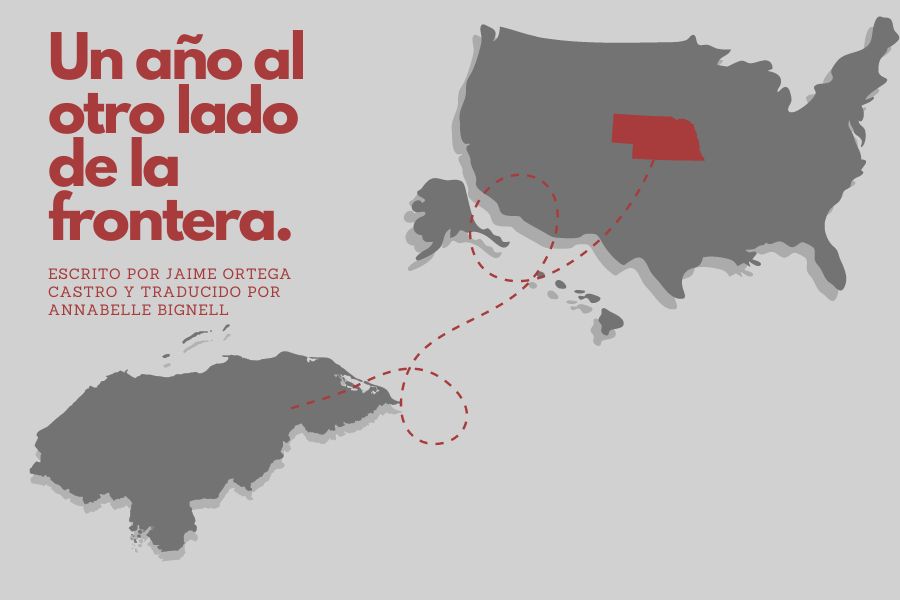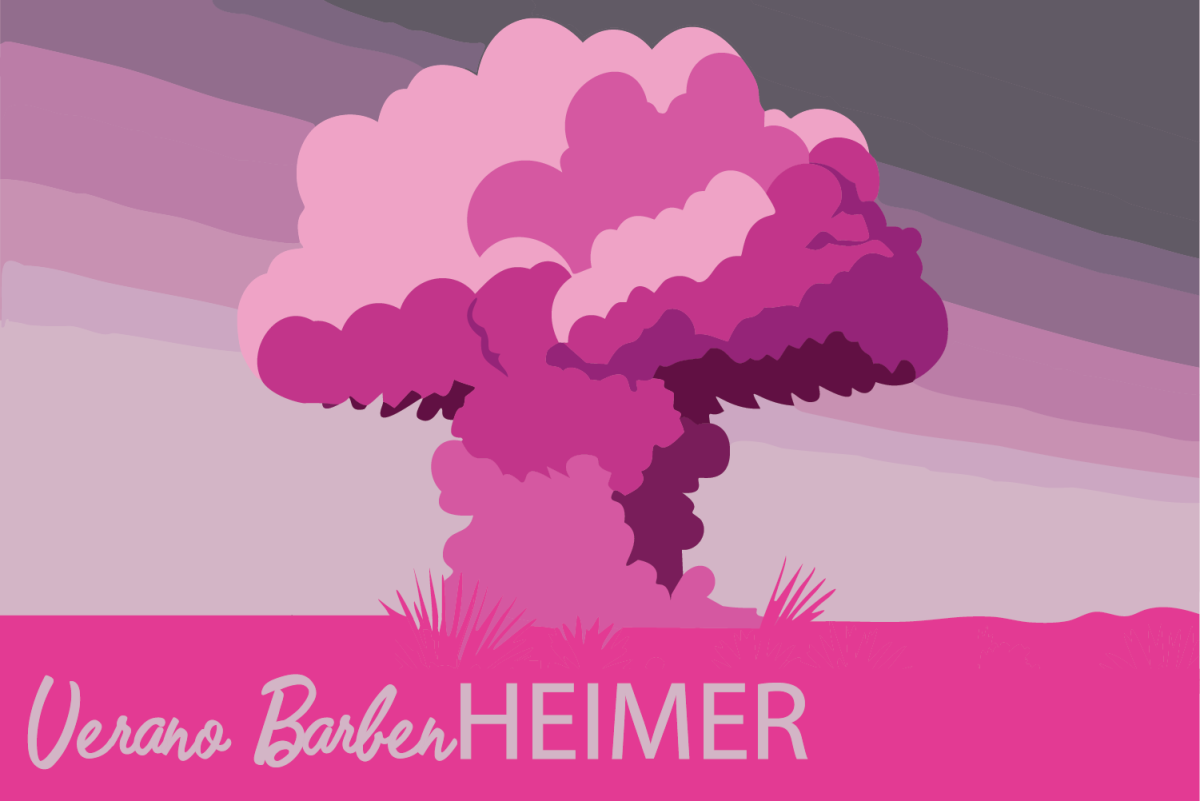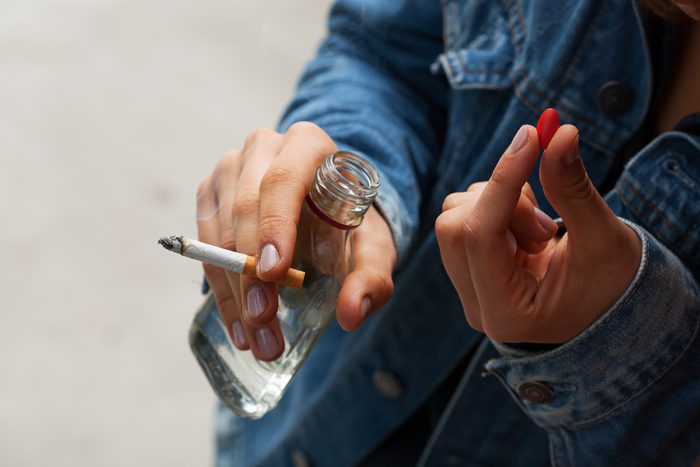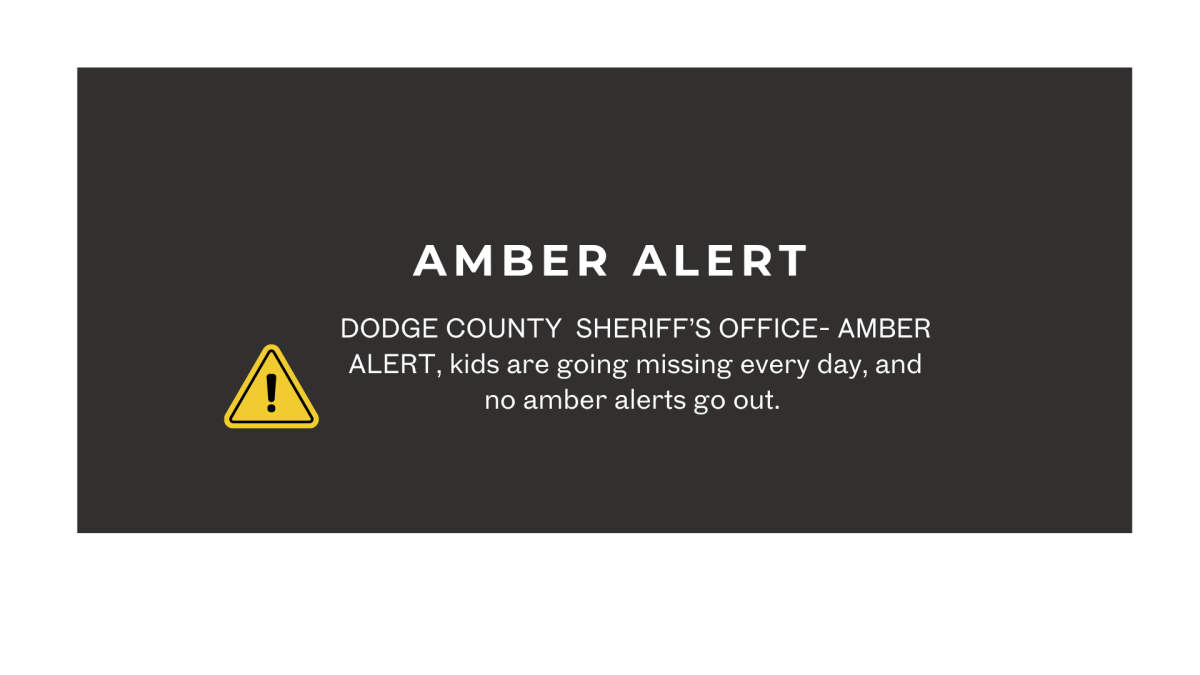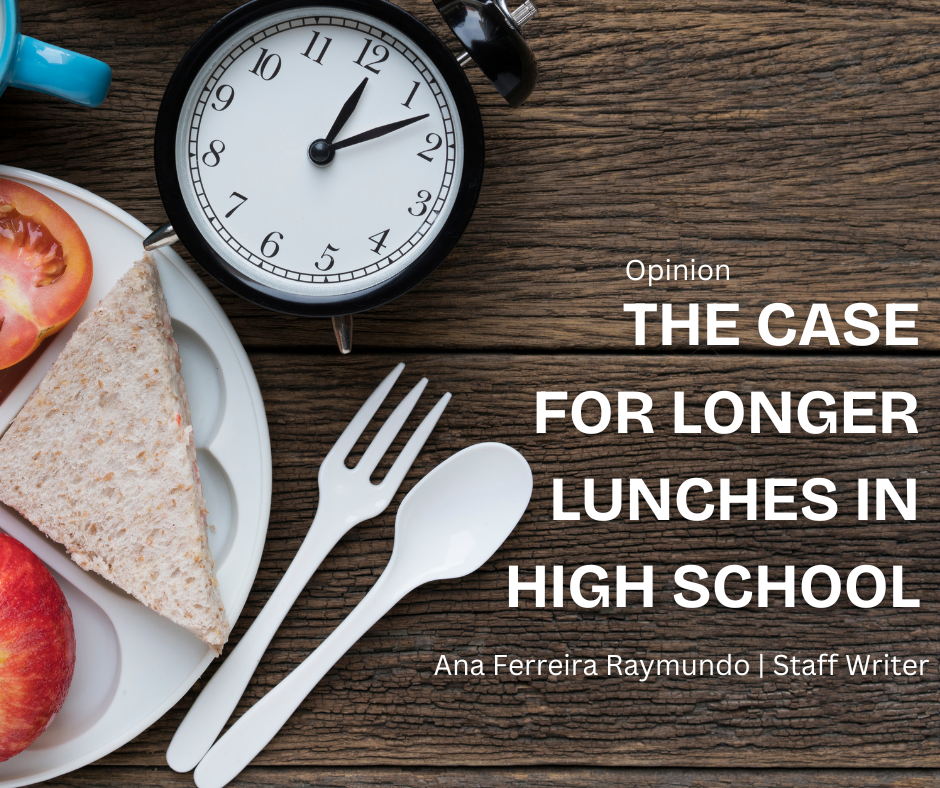Since drugs have been around, there has always been the addiction that comes with them. Drugs have been around for hundreds of years, all around the world. However, the use of drugs from teenagers that turns into full-blown addiction has been on the rise.
According to the Center of Disease Control, alcohol, marijuana and tobacco are the most common substances used by teens. About half of 9th through 12th grade students have used marijuana. About four in ten 9th through 12th grade students reported trying cigarettes and although it’s illegal for someone under 21 to drink alcohol, about one-tenth of alcohol consumed in the United States is from 12-20 year olds.
Drug use affects adolescent brains tremendously and can cause irreversible damage. Addiction Center states that mentally, it can damage neurotransmitters, create memory problems, reduce the ability to experience pleasure and inhibit development of perceptual abilities. Physically, drug use can delay puberty or have negative effects on the reproductive system, lower bone mineral density, higher the levels of enzymes that indicate liver damage and reduce growth potential. Lots of long term damage for even just ten seconds of feel-goodness.
Not only does drug use ruin the developing body and mind, it can create issues socially. Including criminal records that can’t be eradicated, wasted academic opportunities, damaged relationships with friends and family, unplanned pregnancies/STDs and so much more (Addiction Center).
There are many different reasons why teenagers do drugs. Some may not even have a reason. Peer pressure, escape, trauma, or even performance improvement are the most common reasons for drug use in many teens according to Sandstone Care.
Since teenagers don’t have fully developed brains, this makes it more challenging for teens rather than adults to resist drugs. Once a teen becomes dependent on an illegal substance to feel good, that makes going clean even more challenging. Talking to loved ones, a therapist, past drug addicts, etc. is a great way for teens to just have someone listen and relate. There are rehabilitation programs, counseling/therapy sessions, hotlines, coping skills to try and so much more to overcome addiction. Students never have to go through an addiction alone, help is all around them.

